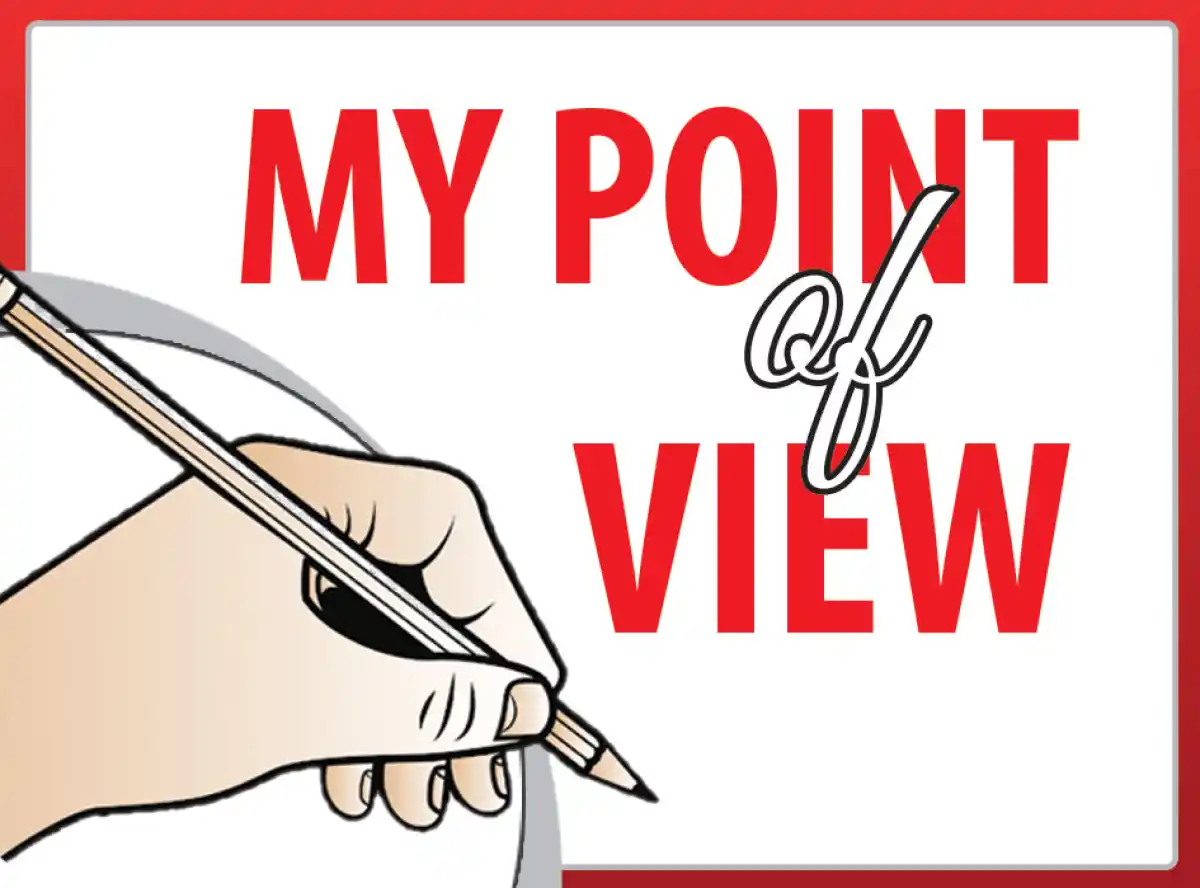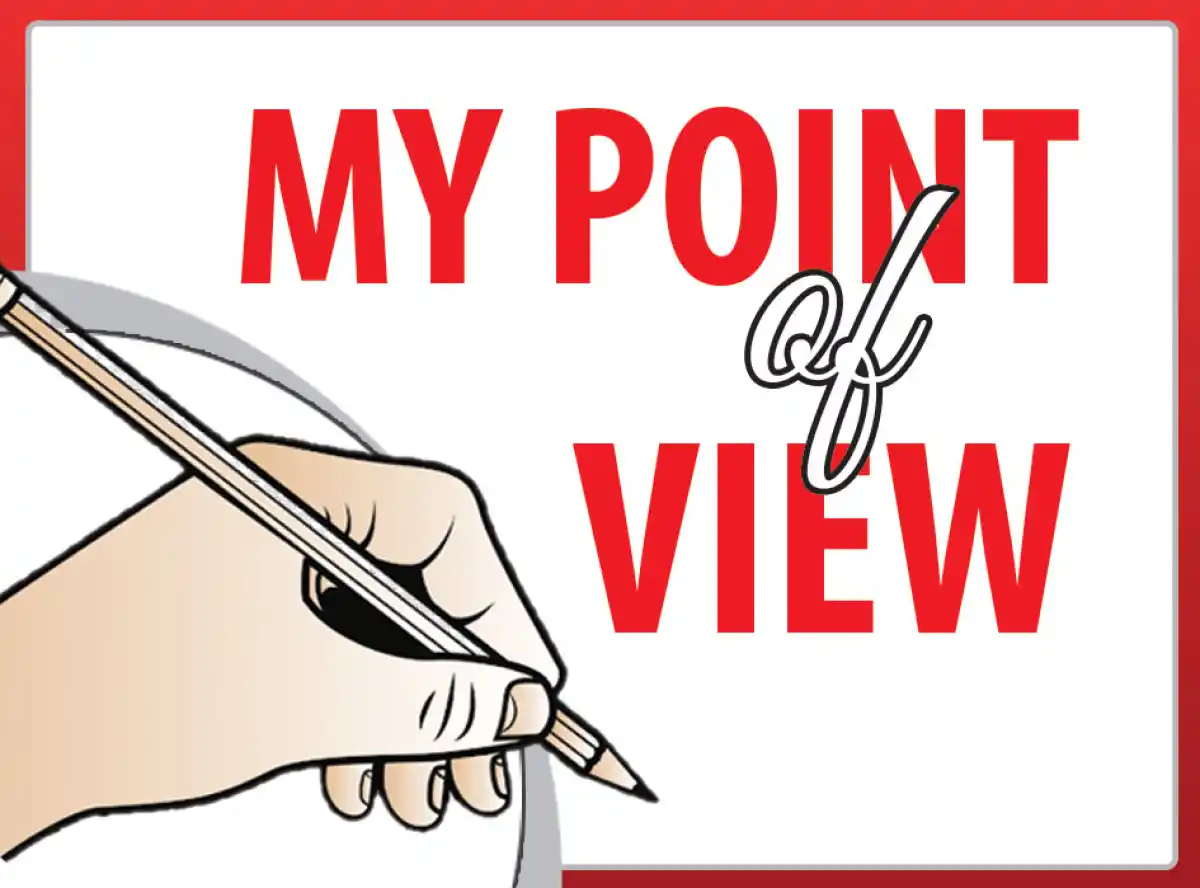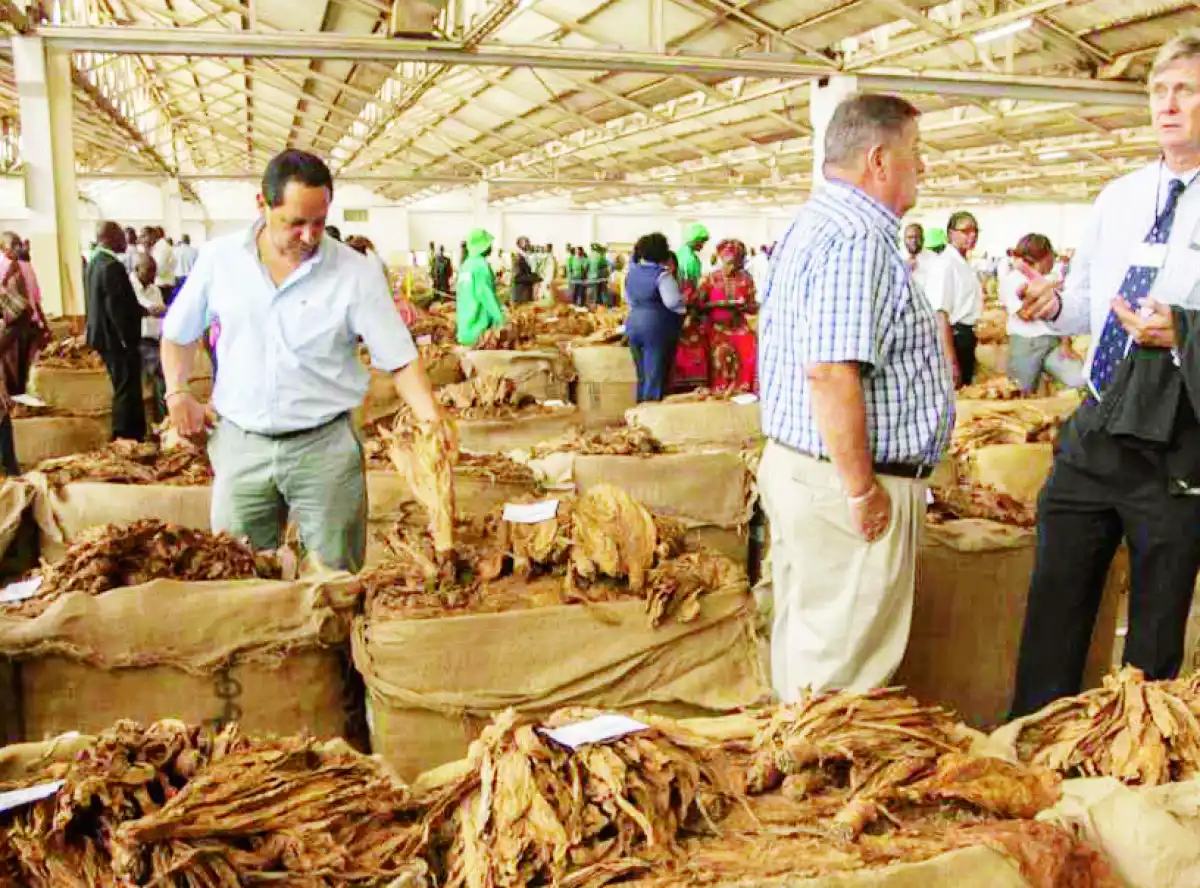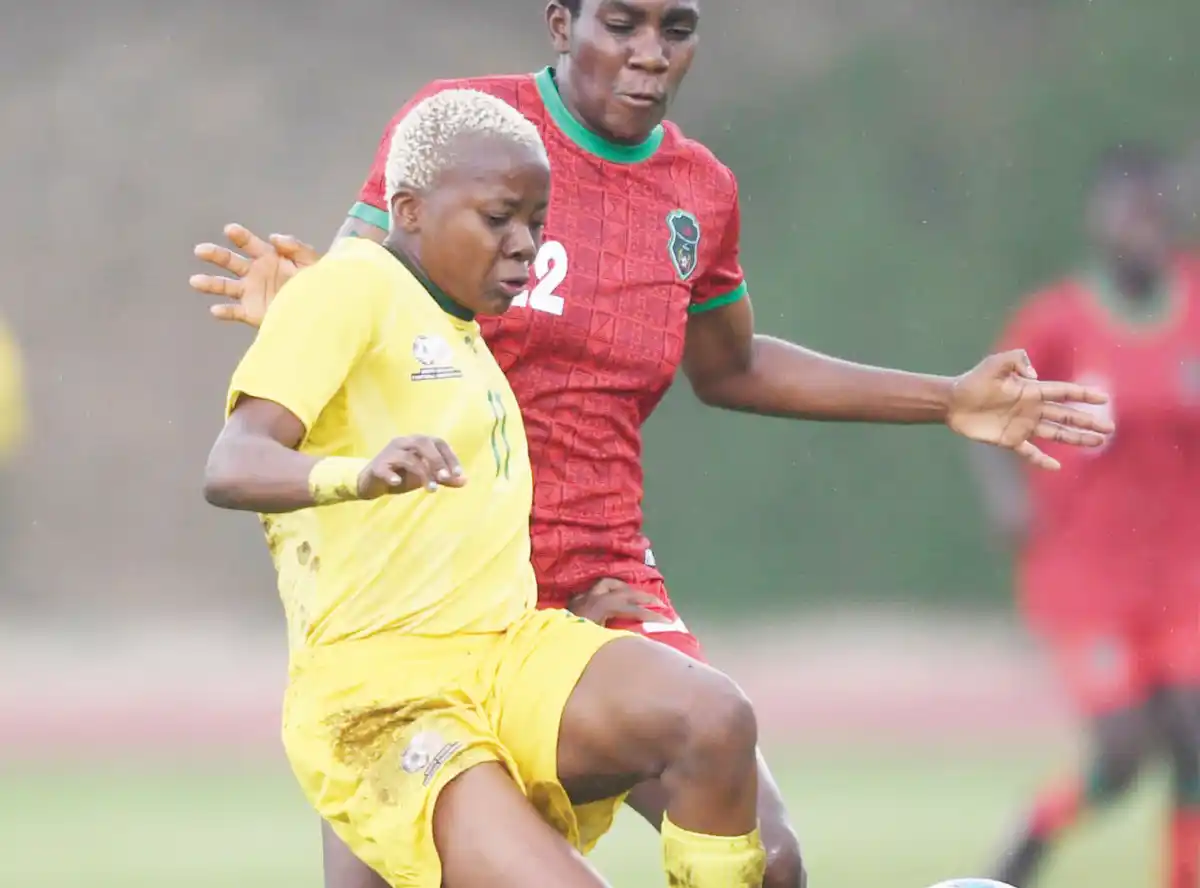In the bustling heart of Blantyre, thousands upon thousands converged at the expansive Njamba Freedom Park, heralding the Democratic Progressive Party (DPP).
Debate swirled over the origins of the mammoth crowd.
Whether they were genuine supporters or strategically transported attendees from distant corners of the nation, it remains undeniable that Njamba Park pulsated with energy—a testament to the collective yearning for clarity, direction and hope in time of uncertainty.
Engaging with attendees, one encounters stories that encapsulate Malawi’s struggle.
Consider James, who travelled 30-kilometres from Lirangwe, driven not merely by political allegiance but also a primal need for solace. His journey, emblematic of countless others, underscores the profound disillusionment and desire for leadership that permeate the nation’s fabric.
Malawi stands at a precipice, grappling with a myriad of challenges that span geographical and socioeconomic divides.
From agricultural woes plaguing the Southern Region to the economic strain felt acutely in urban centres and the devastating toll of natural disasters, the nation is besieged on all fronts.
In the face of such adversity, citizens demand more than rhetoric. They demand action.
Despair hangs in the air and folks are clamouring for answers. Malawians are not asking for much, just a little reassurance that tomorrow will not be a dumpster fire.
The resonance of the Njamba Rally lies not in grandiloquent speeches or political theatrics, but in the implicit promise of a better tomorrow.
It is a promise that transcends party lines, grounded in the fundamental aspiration for a leadership that listens, empathises and acts decisively in the interest of the people.
Yet, amid the clamour for change, a glaring void persists—epitomised by the conspicuous absence of President Lazarus Chakwera from the public sphere during crises.
His indifference, juxtaposed against the resounding presence of Peter Mutharika, serves as a stark reminder of leadership’s dual role: to inspire confidence and provide tangible solutions.
Critics decry Chakwera’s leadership as ineffectual, a sentiment exacerbated by his perceived detachment from the plight of ordinary Malawians.
His approach to governance seems to be more Sunday sermon than statecraft, relying on prayer and fasting like a medieval king beseeching the heavens for rain. Newsflash, Your Excellency: governing is not a church potluck. It is serious business, like juggling flaming chainsaws.
With 20 million lives hanging in the balance, we need more than just good intentions.
Ironically, even Mutharika’s cryptic mutterings seem to offer more comfort than Chakwera’s silence.
That is why the masses descended upon Njamba like moths to a flickering flame, not for Mutharika’s recycled messiah complex, but for a glimmer of hope in the storm.
Mutharika’s reassurance, however fleeting, strikes a chord that he is a caring leadership in times of uncertainty.
Yet, beneath the veneer of political spectacle lies a deeper yearning for a leadership that transcends personality cults and partisan divides. The rallying cry at Njamba echoed a collective plea for accountability, transparency and genuine commitment to the welfare of the nation.
As Malawi navigates the present complexities, the Njamba rally serves as a clarion call to action, unity and a future defined not by strife and stagnation, but by resilience and progress.
In the tapestry of Malawi’s history, moments like the Njamba rally stand as waypoints—illuminating the way forward, igniting the flame of hope and reminding Malawians of the indomitable spirit that defines the nation.
So, as James trudged through the dust from Lirangwe, he was not searching for a political messiah, but a beacon of hope.
A promise that, despite today’s thunderclouds, tomorrow might just bring sunshine.
And that was the rallying cry echoing from Njamba.








0 Comments